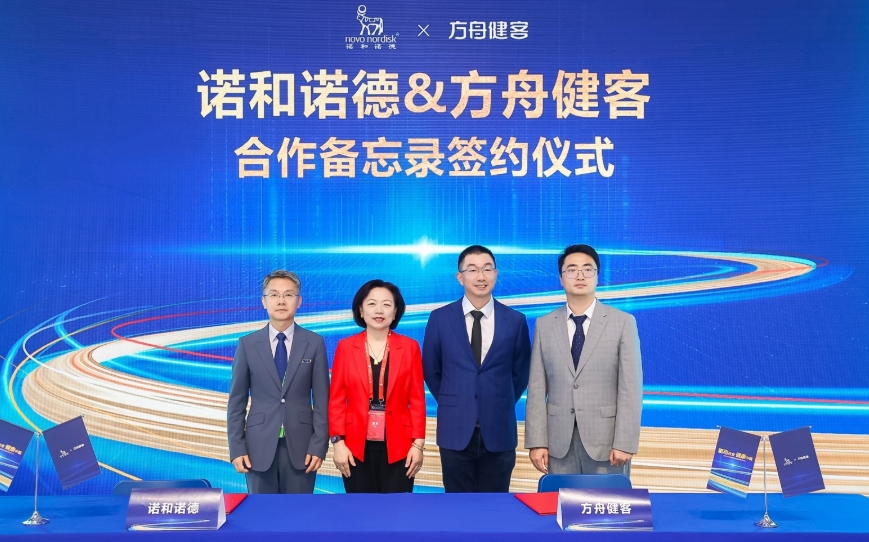
Photo Credit: shutterstock
The researchers developed a lotus-root-shaped cell-encapsulated construct (LENCON) and packaged it with human iPSC-derived pancreatic beta-cells, which are a limitless cell source and allow for the production of any number of beta-cells. The necessity for such an encapsulation technique arises from the fact that immune cells of the recipient could destroy the newly transplanted cells. To prevent this from happening, the researchers constructed the LENCON graft with millimeter thickness.
The millimeter-thick graft diameters have previously been shown to mitigate the body’s immune response to a foreign body. At millimeter thickness, oxygen and nutrients could not be supplied to the center of the cells, but by using a lotus root shape, the cells were placed only near the edge of the graft where oxygen and nutrients can diffuse sufficiently, creating an environment in which the cells could survive, even in the millimeter-thick graft.
The researchers transplanted the construct in immunodeficient and immunocompetent diabetic mice. The former helped investigate the efficacy of the graft on controlling blood glucose levels in the absence of an immune response, while the latter approach tackled both goals. The researchers found that LENCON was able to maintain normal blood glucose levels for more than 180 days in the former mice, and was able to be removed without adhesion after more than one year of transplantation in the latter mice.
“These are striking results that show how LENCON can successfully and safely be used in the setting of type I diabetes mellitus. Our results suggest that LENCON could offer a novel option for cell therapy for type I diabetes mellitus,” says the first author of the study Dr. Fumisato Ozawa.




